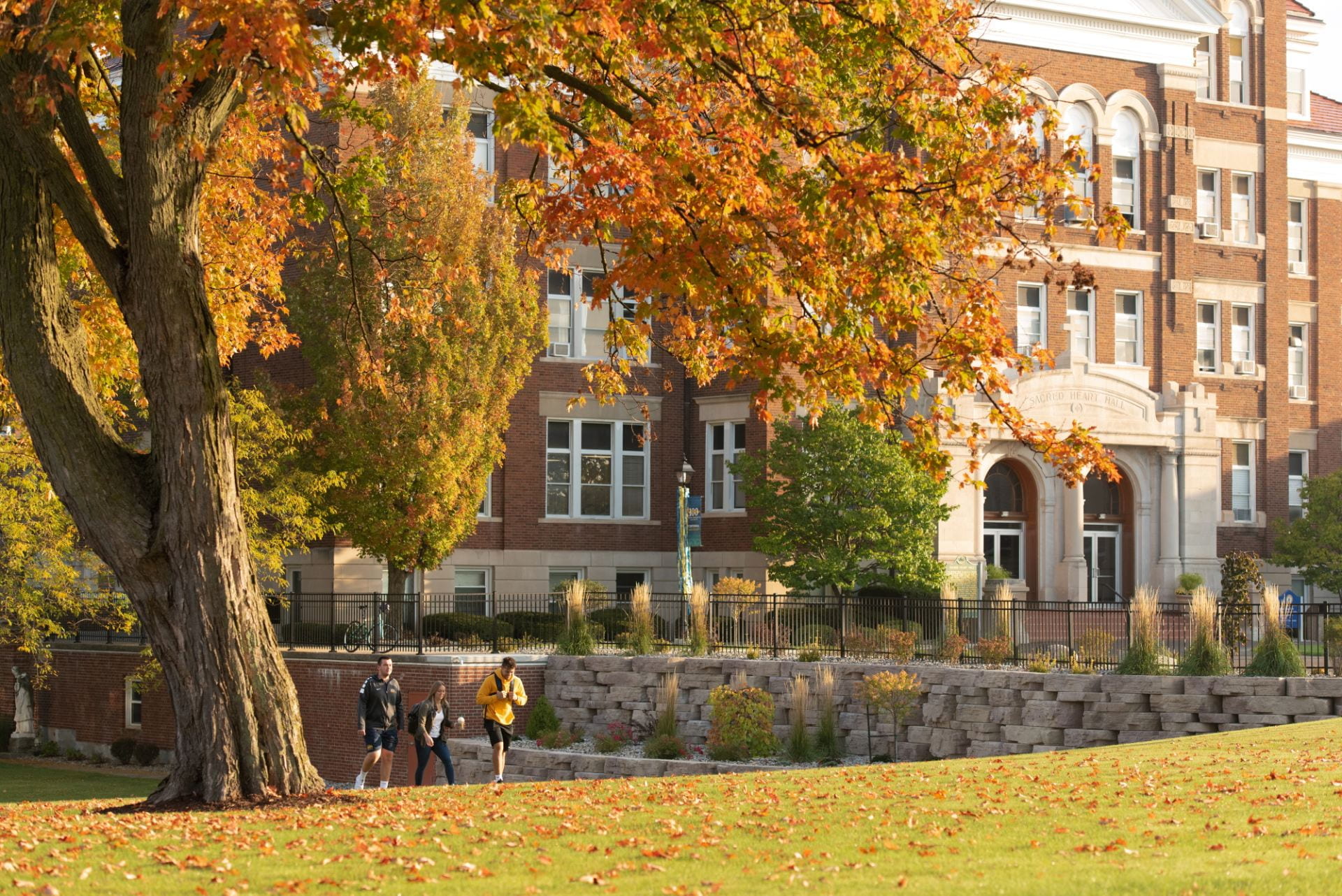WELCOME TO SPECIAL EDUCATION
The Special Education Department offers degrees and certifications in the area of Learning Disabilities and Cognitive Impairment. Some student candidates are interested in K-12 certification while others are seeking careers in areas associated with the field of special education and disabilities.
LEARNING DISABILITIES
The philosophy of the endorsement program of learning disabilities is based on beliefs that influence the nature and content of instructional offerings. Beliefs related to this program are:
- All exceptional children and adults can benefit from educational programs.
- Educational programs provided for exceptional individuals should have a sound database. Initial formulation of program objectives should be based on data derived from assessment of educational/behavioral skills. Changes in instructional programs should be based on the analysis of performance data collected on an ongoing basis.
- All facets of learning must be addressed: academic subjects as well as social skills and study skills.
- Education for persons with learning disabilities should begin as early as possible and continue as long as needed. Attention should be paid to periods of transition.
- Categorical label designations contribute little to determination of educational program needs for exceptional individuals. Educational needs and programs can best be addressed through sound and comprehensive analysis of educational and behavioral skill strengths and deficits of individuals in question.
- Exceptional individuals have the right to be placed in the educational setting that is least restrictive. Consulting teachers, resource programs, and inclusive settings can be alternatives for most children with learning disabilities.
- Special educators are a resource to the educational community. Through their knowledge and skills, special educators provide both direct service to exceptional children and supportive services to other persons, both professional and lay, who are responsible for teaching exceptional children.
- Special Education preparation programs must be responsive to Michigan’s needs. The program should reflect current practices as well as provide leadership in development of improved instructional programs for children.
COGNITIVE IMPAIRMENTS
Siena Heights University’s philosophy of preparing special education students to teach individuals with cognitive impairment is built on ten major points:
- Education is for all individuals
- Individuals with cognitive impairment are better served when programs are determined by individual learning needs and not categorical labels.
- Accurate data is the driving force of educational programs and are the foundation for goals and objectives of an educational program.
- The full continuum of placements and all educational and community resources must be available to the individuals with cognitive impairment. The determination of the least restrictive placement must be based on assessment data.
- The education of individuals with cognitive impairment should begin as early as possible and continue as long as needed. In all facets of life, transitions from one period to the next are critical.
- The program for preparing teacher education students to teach individuals with cognitive impairment should cover all areas of learning including academic, social, daily living, and prevocational/vocational. The program must be based on research data and best practice.
- The standard curriculum is the base for building an individual educational program for individuals with cognitive impairment.
- The schools, as well as the teachers and other school professionals, are an integral part of the community. The special education teacher should provide both direct and indirect services and support to the community.
- A role of a teacher education program is to meet the educational needs of Michigan individuals.
The Michigan Department of Education’s curriculum standards and current best practices should be the platform on which the teacher education program builds. A goal of the program is to provide leadership in the development of improved instructional program. We do a variety of disability simulations in EDU/SED 312 throughout the semester.
Our students have “been a kid again” and experienced a physical impairment,
a learning disability, and a speech impairment.










